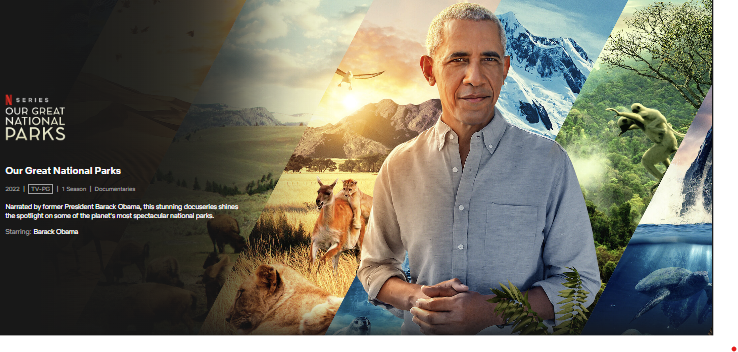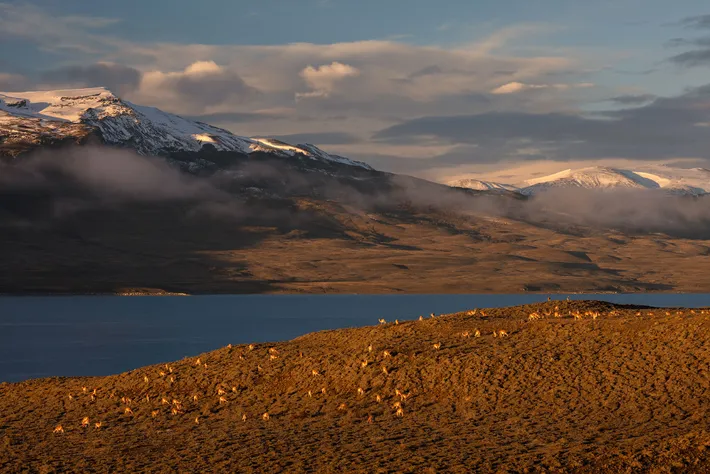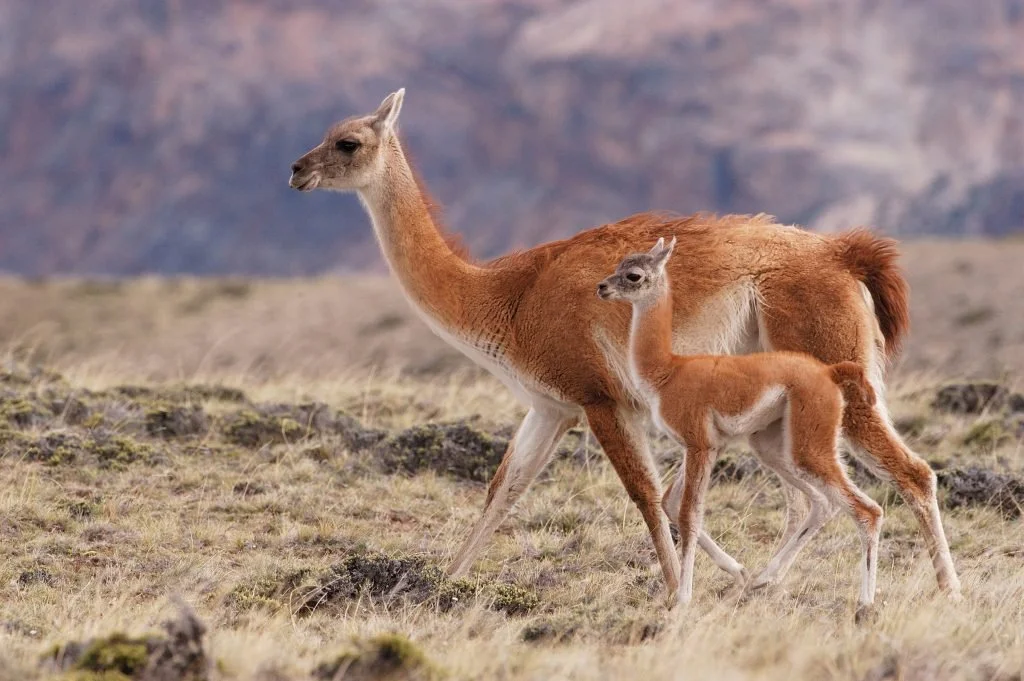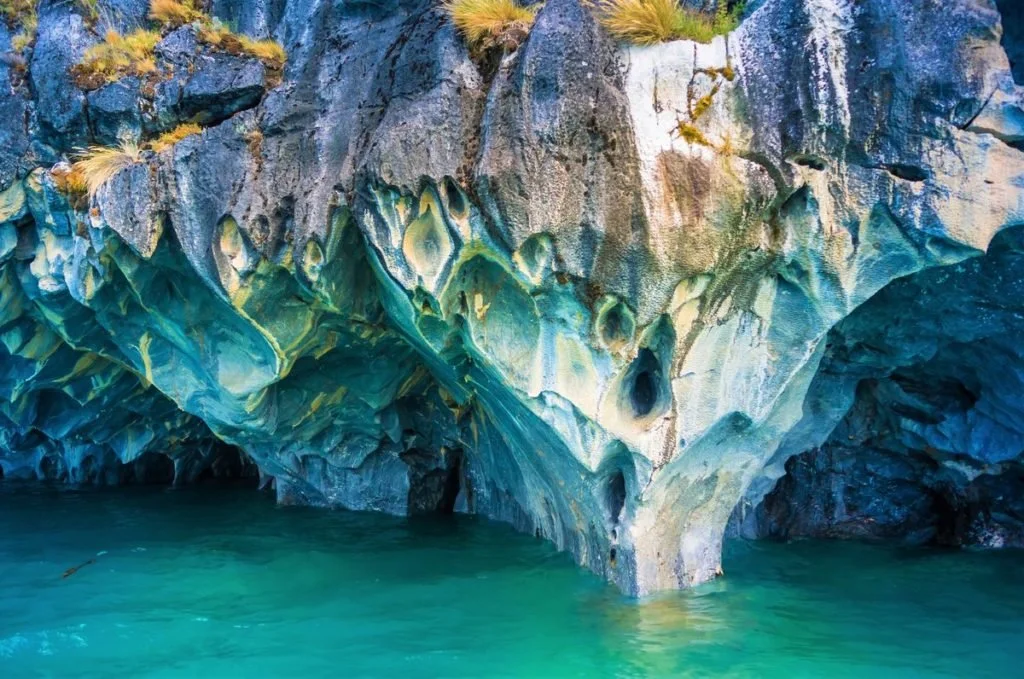Safari Journal - September 2022
Our Great National Parks
A five-part documentary series about the world's most breathtaking national parks and the wildlife that live there, produced and narrated by president Barack Obama - who protected more public lands and waters than any other U.S. President in history.
Documentary can viewed only on NETFLIX and features footage of wildlife never before seen. From the executive producer of Blue Planet II - a Wild Space production in association with Higher Ground Productions and Freeborne Media
Part 2 — ”Chilean Patagonia”
Photograph by Ingo Arndt
Featured Parks
Torres del paine, Chile
What one photographer learned after spending nearly a year with pumas
Largest land predator, the Puma.
Wildlife photographer Ingo Arndt endured freezing temperatures and blistering winds over a period of seven months between 2016 and 2018 to follow his favourite animal across the wild lands of Patagonia. He spent hundreds of hours lugging camera equipment and patiently waiting in the unforgiving elements for it to appear.
Getty Images
To him, the puma—the 'ghost of the Andes'—is one of the most elegant and endearing animals he has seen in his life. The hardships were worth it, he says. His dedication and patience allowed him to photograph pumas mating, hunting guanaco (a llama relative), and engaging in other behaviors that few people have ever seen.
NATIONAL GEOGRAPHIC - by Annie Roth
Photographs by Ingo Arndt
Watch a Puma battle a Guanaco, with a surprise ending.
This narrow ribbon of land, longer than some continents, 2,666 miles (4,300 km) along the west coast of southern South America—farther, counting Chile’s Antarctic claims—embraces a dazzling array of wildlife habitat. From its rocky spine of Andes peaks and snow-capped volcanoes topping 19,680 feet (6,000+ m) where condors soar, it drops through icy deep blue glaciers and fjords, steep canyons and broad river valleys dotted with turquoise lakes to the world’s driest desert and finally to sandy sea-level beaches.
See the site location for this reserve and read more about other wildlife in this area.
Cerro Castello Corridor
Center of the Padagonia National Park system
Andean Condor
Andean Condor is the world’s largest souring bird. Up to 10 foot wing span and are scavengers, an important part of the ecosystem. Parents search 100 miles a day for food to feed young. Previously hunted and poisoned to protect farmer’s animals, they are now protected by government programs.
Condor parents raise only one chick at a time. The chick takes it’s first ever flight at 8 months, to ride the wind. The chick stays with both parents for 2 more years.
Living high in the mountains of Patagonia, the condor is the largest bird capable of flight. Paraglider Judy Leden takes to the skies alongside these gigantic birds to observe them in their natural habitat.
Marble Caves of Patagonia, Chile
Dubbed as the most beautiful cave network in the world, Cuevas de Marmol (Marble Caves) is a 6,000-year-old sculpture hewn by the crashing waves of Lake General Carrera of Patagonia in Southern Chile.
WhenOnEarth.net
Also called the Marble Cathedral, the intricate caverns are part of a peninsula made of solid marble surrounded by the glacial Lake General Carrera that spans the Chile-Argentina border.
If you found these articles interesting, check back for another edition in this series. Please "like" our social media pages to be notified.
Advertisements
Tusk's approach to conservation recognizes that the long term future for wildlife and Africa's other natural resources is dependent on sustainable rural development. more... Tusk believes that if conservation is to succeed and environmental degradation to be reversed then education needs to be promoted at an early age.












